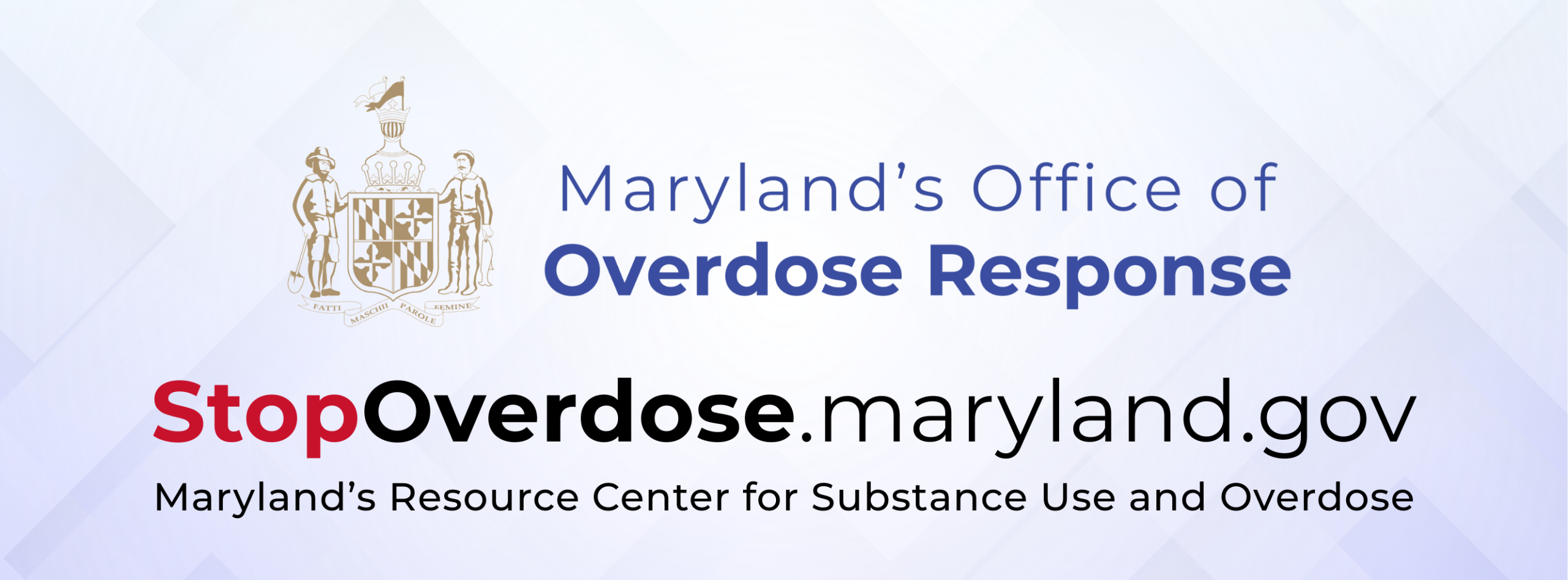Public Awareness Resources
This page contains public awareness resources related to substance use and overdose that have been developed by the Maryland Department of Health. We encourage our partners to share these videos and resources as you work to increase awareness throughout Maryland.
Public Awareness Toolkits
Please use the print and digital resources to share important overdose prevention and response information with your networks!
- Naloxone Public Awareness Toolkit
- Good Samaritan Law Public Awareness Toolkit
- Stigma Public Awareness Toolkit
- Fentanyl & Other Drugs Public Awareness Toolkit
- 988 Suicide & Crisis Lifeline Public Awareness Toolkit
- 988 Drug Use Resource Toolkit
Addressing Stigma
People with substance use-related disorders face prejudice and discrimination due to a lack of understanding about the disease. Stigma – like prejudice and discrimination – can perpetuate the problem. Unfortunately, negative attitudes toward people who use substances or have mental health conditions are common. Learn more about stigma at StopOverdose.maryland.gov/stigma.
988 Suicide & Crisis Lifeline
988 is the National Suicide & Crisis Lifeline. The 988 Lifeline provides 24/7, free and confidential support for people in distress, prevention and crisis resources for you or your loved ones. Visit https://health.maryland.gov/bha/Pages/988md.aspx to learn more.
Naloxone
Naloxone is a life-saving medication that can quickly restore the breathing of a person experiencing an opioid overdose. Learn more at StopOverdose.maryland.gov/naloxone.
Good Samaritian Law
Maryland’s Good Samaritan Law, also referred to as the Good Sam Law, protects those who assist with an emergency alcohol or drug related overdose. Learn more at StopOverdose.maryland.gov/good-samaritan-law.
Fentanyl
Fentanyl is a powerful synthetic opioid that 50-times stronger than heroin. Learn more at StopOverdose.maryland.gov/fentanyl.
Fentanyl & Xylazine
Xylazine, which some may refer to as “tranq,” is often found in combination with fentanyl. It has increasingly been detected in overdose deaths. Xylazine is associated with severe wounds that spread and worsen quickly. Learn more at StopOverdose.maryland.gov/xylazine.
Talk to Your Doctor
Every patient or advocate should ask questions whenever being prescribed an opioid. Prescription opioids may not be right for everyone. Asking questions is important for your health when your doctor, dentist, or other health care professional prescribes you an opioid, such as hydrocodone, oxycodone, codeine, or morphine. Learn more at StopOverdose.maryland.gov/talktoyourdoctor.

 1-888-373-7888
1-888-373-7888 233733
233733